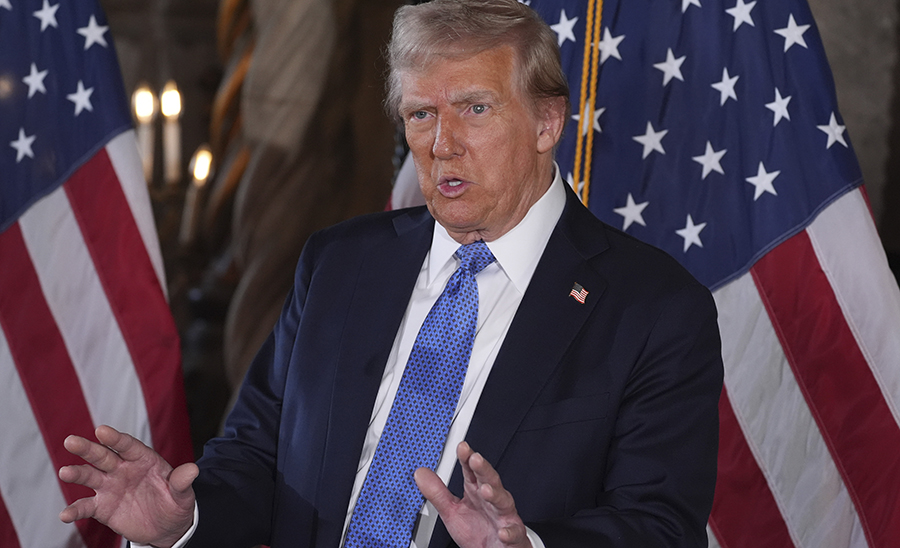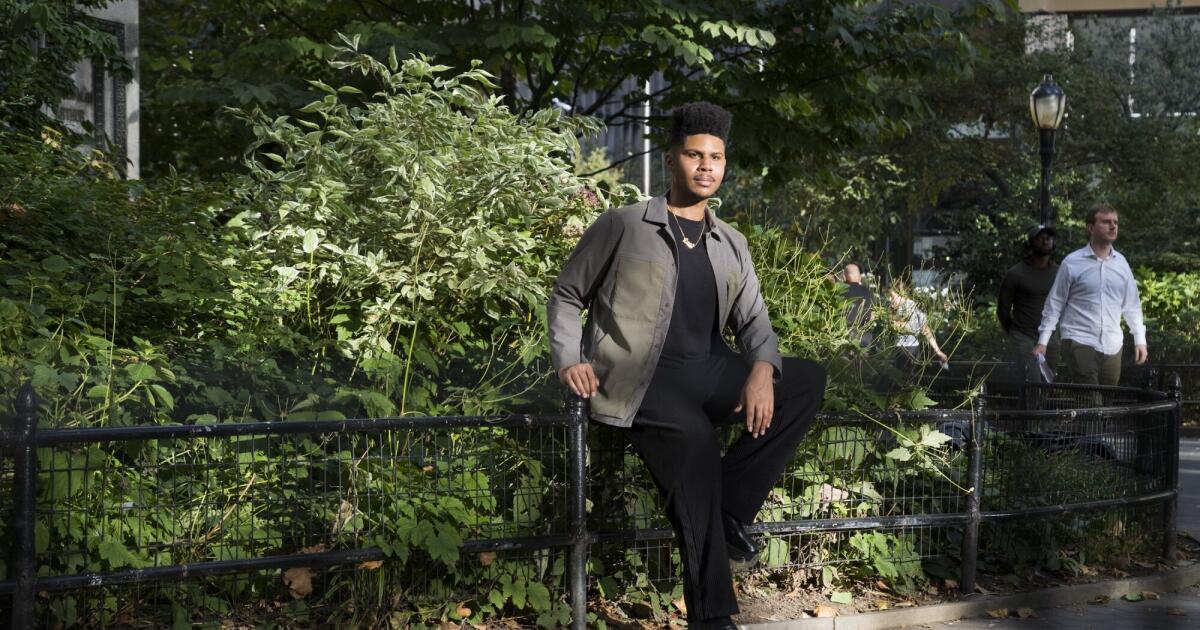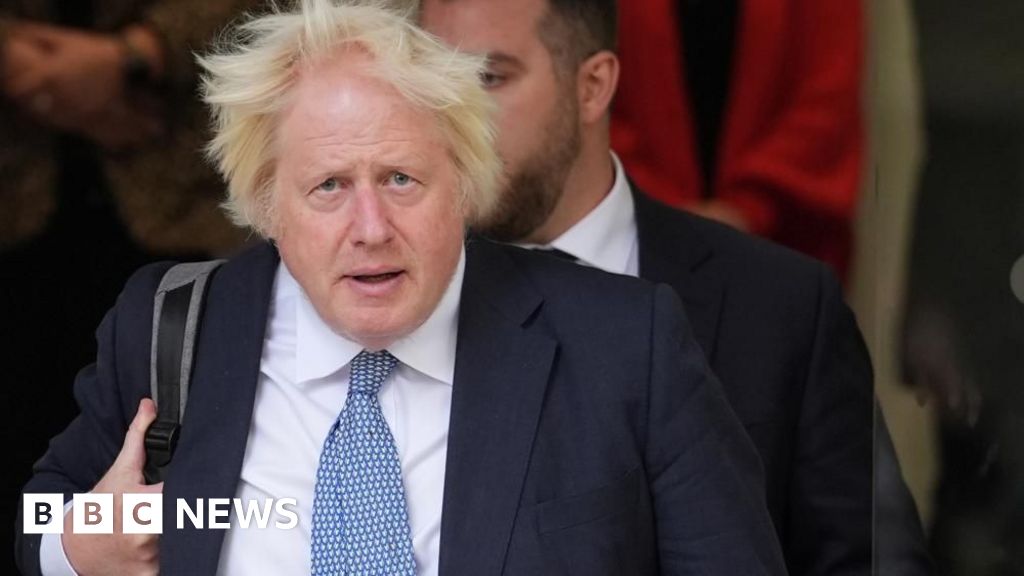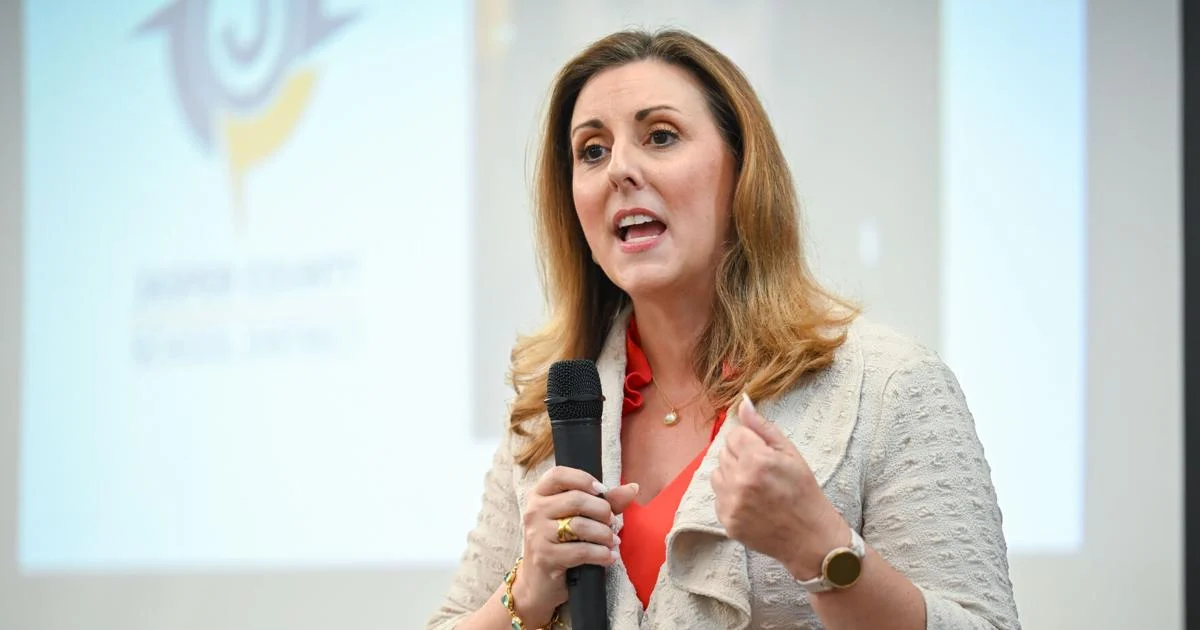Copyright Arizona Capitol Times

Key Points: Gov. Katie Hobbs says President Trump’s offer to University of Arizona is a bad deal Hobbs skipped the Board of Regents meeting to discuss the federal offer The University of Arizona must decide on the compact by November 21 Gov. Katie Hobbs says President Trump’s offer for the University of Arizona to make policy changes for federal dollars is a bad deal. The governor, however, won’t be using the bit of influence she has on the issue — she’s a voting member of the Board of Regents — on whether U of A President Suresh Garimella should take the deal. She skipped the executive session of the board late Oct. 17 that was called to discuss the federal offer. “The university and ABOR are really taking the lead,” she said. “And we’ll be supportive of the decision they make.” But Hobbs, in an interview with Capitol Media Services, made it clear there are things that the president is demanding that she considers improper, or, at the very least, troubling. At the heart of all of this is a 10-page “compact for academic excellence in higher education that was sent to the U of A and eight other schools.” It contains a list of demands, ranging from things U of A already does, like not discriminating on the basis of race and sex in student admissions and staff hiring. And there are provisions that do not apply to U of A, like a mandate that institutions with endowments of more than $2 million waive tuition for students enrolled in “hard science” programs. Some provisions, however, would have an immediate impact. For example, it mandates that all undergrad U of A applicants must take a widely used standardized test like the SAT or ACT. That isn’t currently required at U of A to get in, though the school says those scores “are important post-admission for class placement at orientation.” Then there are the more nebulous provisions in the compact. “Truth-seeking is a core function of institutions of higher education,” the letter to the U of A and the other schools says, requiring “maintaining a vibrant marketplace of ideas where different views can be explored, debated, and challenged.” To qualify for that preference for federal dollars, though, the school would have to revise its governance “to create such an environment, including but not limited to transforming or abolishing institutional units that purposely punish, belittle, and even spark violence against conservative ideas.” Hobbs said that is concerning. “I think we are very much bordering on censorship,” she said. The compact also calls on the U of A to freeze tuition for five years and reduce administrative costs. Hobbs said there’s nothing wrong with the goal — at least on paper. “Universities should not balance their books on the backs of students,” she said. But the governor said it isn’t that simple. State aid to the university system has not kept pace with inflation. The Joint Legislative Budget Committee says that the Legislature, on average, provided $4,015 per full time student in 2016. This year it is $4,131. But JLBC analysts say that $4,131 currently is worth just $3,113. And tuition and mandatory fees at U of A for in-state undergraduates, which were $11,403 in 2016, now sit at $13,906, a figure that remains unchanged from the prior school year. “Their hands have been constrained over and over again,” Hobbs said of the universities and why tuition has increased. “I think every university president I talk to is committed to keeping tuition as low as possible,” she said. “But I don’t think having arbitrary requirements to do that from the federal government, who isn’t here on the ground and sees direct needs, is helpful.” Closely related to that issue of cost is a demand from the Trump administration to cap the number of international undergraduate students at no more than 15% — and no more than 5% from any one country. That’s not currently a problem. The U of A says its international students amount to just 3.3% of the undergraduate population. The figure is 1% at Northern Arizona University and 5.9% at Arizona State University. Still, Hobbs said, those international students are financially crucial. The U of A estimates that tuition for non-Arizona residents, including foreign students, runs $43,100 a year. By contrast, it amounts to $13,900 for Arizona residents. Hobbs said that the money coming from those foreign students “a lot of times make up some of the costs that in-state tuition doesn’t cover.” “And it allows more in-state students to go,” she said. There are other provisions, like a requirement for “institutional neutrality,” saying all university employees, in their capacity as university representatives “will abstain from actions or speech relating to societal and political events except in cases in which external events have a direct impact upon the university.” Trump also wants the school to publicly “grade distribution dashboards with multiyear trendlines” and provide statements that explain “any unusual upward trends.” And he even gets into a demand for single-sex space like bathrooms and locker rooms, including that the terms of male versus female be done “according to reproductive function and biological processes.” It’s not just what’s in the demands that concerns the governor. It’s also what is not, including that there is no actual guarantee of cash for compliance — and the question of how making a single misstep could result in financial benefits disappearing. What was sent to the U of A and other schools says their activities will be subject to review by the U.S. Department of Justice. And if that agency finds a willful or even negligent violation, there would be a mandatory loss of benefits “for a period of no less than one year” and that any dollars advanced during that year must be returned. “I think it’s very concerning,” Hobbs said. All that comes back to what the governor says is the nature of the deal that Trump is offering. “I think that the president prides himself on being a deal maker,” the governor said. “But a lot of times, the deals he’s making are one sided,” she said. “And they benefit him or his agenda, but not the person on the other side.” And then there’s that not-so-veiled threat if the U of A and the other schools refuse to sign. “Institutions of higher education are free to develop models and values (other than those in the 10-page compact) if the institution elects to forgo federal benefits,” the document reads. Hobbs declined to call it “extortion.” But she said that there are reasons to be concerned about the president linking things like dollars for research to a variety of issues unrelated to the merits of that research — and the risk of loss of federal dollars for failing to accede to the president’s demands. “The consequences of politicizing all of that is that it’s just not been about funding,” the governor said. “It’s been about ending research that is solving the world’s biggest problems, that is finding cures for cancer, that is interrupting people that are right now in clinical trials for life-saving treatment,” she said. “And you’re politicizing all of that.” Time for the U of A to act is running short. The reason for Friday’s meeting of the regents is that White House gave the school until Monday to provide “limited, targeted feedback” on the demands. At the same time, though, the administration has said that what’s in the document is “largely in final form.” A final decision from the U of A has to come by Nov. 21. While Hobbs isn’t taking a position about whether the U of A should take the deal — she’s leaving that to the regents — others have no such hesitation. In a letter to Garimella, about 80 top U of A professors asked him to reject the compact. And much of their concern is over what they call the “ill-defined new benefits” and the fear that being found in default “would sacrifice the federal benefits that we already enjoy.” Ben Armentrout, a member of the U of A’s Graduate and Professional Student Council, echoed those concerns, calling the compact a “great, garbled piece of nonsense” that, if the school is found in violation, would force return of all federal dollars for that year, a figure he pegged at about $500 million. Separately, the Faculty Senate voted on a 40-8 margin to oppose the compact, saying there are provisions which “endanger the independence, excellence, and integrity of the University of Arizona and infringe on the constitutional rights of the members of the University of Arizona Community.” The Pima County Board of Supervisors voted 4-1 along party lines to oppose the compact. “This is an authoritarian-inclined administration and this is their attempt to force it into academia,” said Rex Scott who chairs the board. And there was a unanimous vote by the Tucson City Council to declare that the compact is “an unacceptable act of federal interference that undermines local control, academic freedom, and opportunity for our residents.”



